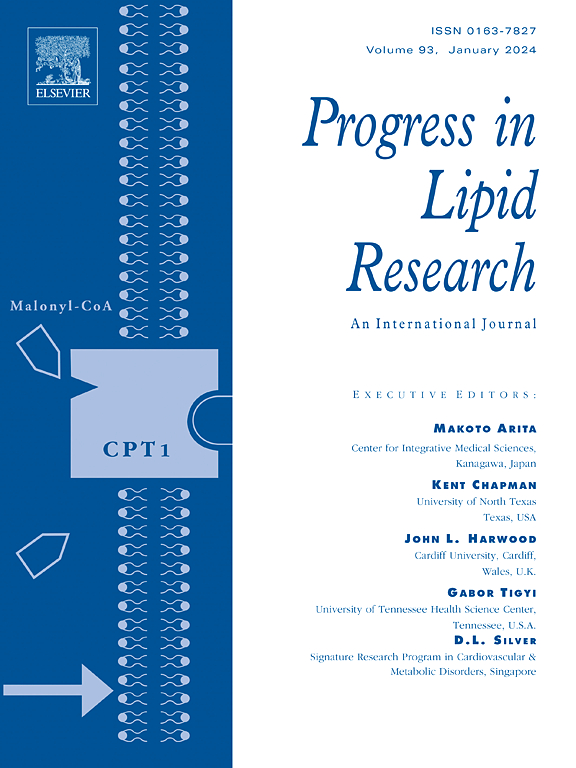Navigating the complexity of lipid oxidation and antioxidation: A review of evaluation methods and emerging approaches
IF 14
1区 医学
Q1 BIOCHEMISTRY & MOLECULAR BIOLOGY
引用次数: 0
Abstract
Lipid oxidative degradation contributes to the deterioration of food quality and poses potential health risks. A promising approach to counteract this is the use of plant-based antioxidants. However, accurately evaluating the antioxidant capacity and effectiveness of these compounds remains a challenge. While many rapid in vitro tests are available, they must be categorized according to their specific responses to avoid overinterpreting results. This review opens with an overview of current knowledge on lipid autoxidation and recent findings that highlight the challenges in measuring antioxidant capacity. We then examine various methods, addressing their limitations in accurately anticipating outcomes in complex compartmentalized lipid systems. The aim is to clarify the gap between predictions and real-world efficacy in final products. Additionally, the review compares the strengths and weaknesses of methods used to evaluate antioxidant capacity and assess oxidation degrees in complex environments, such as those found in food and cosmetics. Finally, new analytical techniques for multiproduct detection are introduced, paving the way for a more ‘omic’ and spatiotemporally defined approach.
导航脂质氧化和抗氧化的复杂性:评价方法和新兴方法的回顾。
脂质氧化降解导致食品质量恶化,并对健康构成潜在威胁。一种很有希望的方法是使用植物性抗氧化剂。然而,准确评估这些化合物的抗氧化能力和有效性仍然是一个挑战。虽然有许多快速的体外测试可用,但必须根据其具体反应对其进行分类,以避免过度解释结果。这篇综述首先概述了目前脂质自氧化的知识和最近的发现,强调了测量抗氧化能力的挑战。然后,我们研究了各种方法,解决了它们在准确预测复杂区隔化脂质系统结果方面的局限性。其目的是澄清最终产品的预测和实际效果之间的差距。此外,该综述还比较了用于评估抗氧化能力和评估复杂环境中氧化程度的方法的优缺点,例如食品和化妆品中的氧化程度。最后,介绍了多产品检测的新分析技术,为更“组学”和时空定义的方法铺平了道路。
本文章由计算机程序翻译,如有差异,请以英文原文为准。
求助全文
约1分钟内获得全文
求助全文
来源期刊

Progress in lipid research
生物-生化与分子生物学
CiteScore
24.50
自引率
2.20%
发文量
37
审稿时长
14.6 weeks
期刊介绍:
The significance of lipids as a fundamental category of biological compounds has been widely acknowledged. The utilization of our understanding in the fields of biochemistry, chemistry, and physiology of lipids has continued to grow in biotechnology, the fats and oils industry, and medicine. Moreover, new aspects such as lipid biophysics, particularly related to membranes and lipoproteins, as well as basic research and applications of liposomes, have emerged. To keep up with these advancements, there is a need for a journal that can evaluate recent progress in specific areas and provide a historical perspective on current research. Progress in Lipid Research serves this purpose.
 求助内容:
求助内容: 应助结果提醒方式:
应助结果提醒方式:


